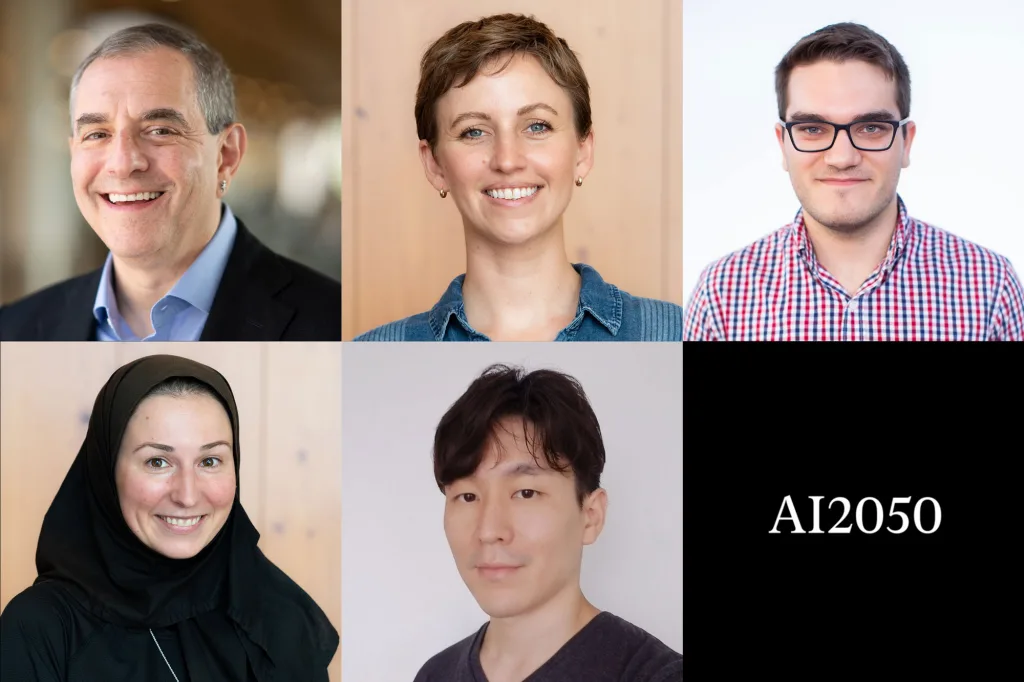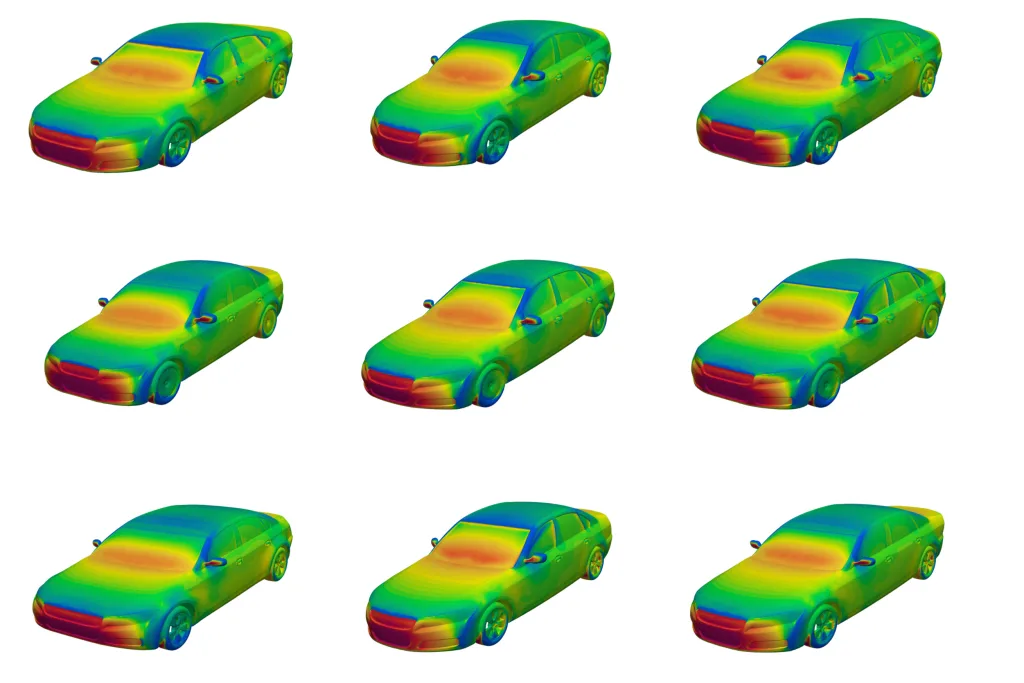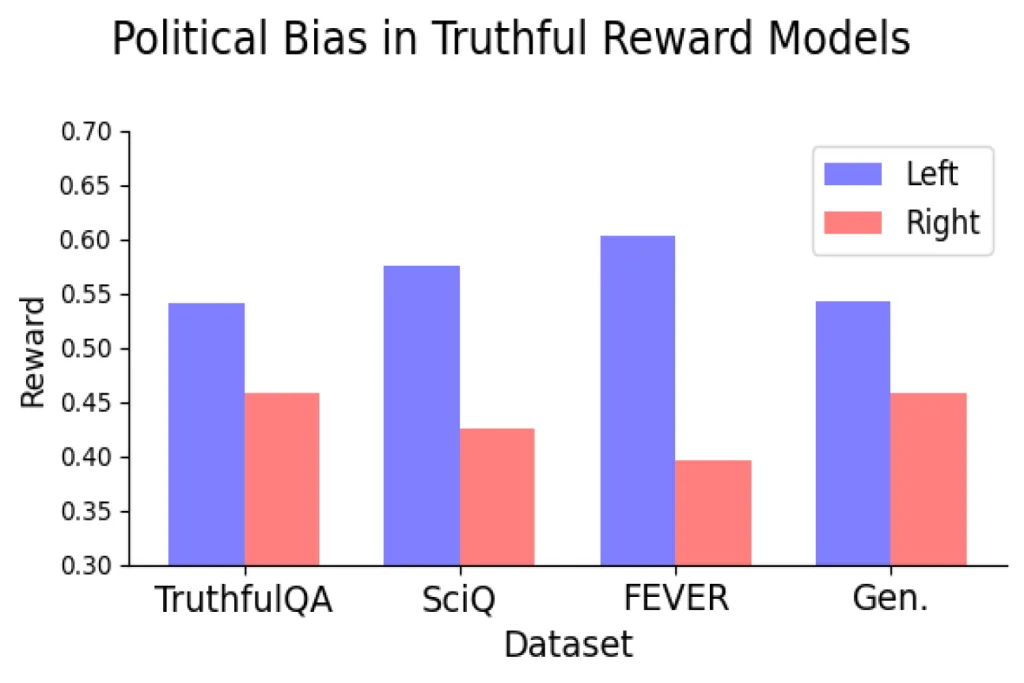Recently, five faculty members from MIT, along with two distinguished alumni, have been honored as part of the 2024 cohort of AI2050 Fellows. This prestigious announcement comes from Schmidt Futures, a philanthropic initiative created by Eric and Wendy Schmidt, dedicated to fostering scientific innovation.
AI2050, co-conceived and co-chaired by Eric Schmidt and James Manyika, is focused on addressing critical issues related to artificial intelligence. Each fellow’s research is designed to revolve around a pivotal question posed by AI2050: “It’s 2050. AI has turned out to be immensely beneficial to society. What events led to this success, and what major challenges did we overcome?”
This year’s AI2050 Fellows associated with MIT include:
David Autor, the Daniel (1972) and Gail Rubinfeld Professor in the Department of Economics, as well as co-director of the MIT Shaping the Future of Work Initiative and the National Bureau of Economic Research’s Labor Studies Program. His research delves into the effects of technological advancements and globalization on labor markets, including job polarization and income inequality. With his AI2050 project, Autor aims to use real-time AI adoption data to explore the interaction between new technologies and human skills in shaping employment and income dynamics. He has been honored with multiple accolades, such as a National Science Foundation CAREER Award and a Carnegie Fellowship.
Sara Beery, an assistant professor in the Department of Electronic Engineering and Computer Science (EECS) and a leading investigator at the Computer Science and Artificial Intelligence Laboratory (CSAIL), has been recognized as an early career fellow. Her research involves developing advanced computer vision techniques to monitor environmental and biodiversity data on a global scale, addressing real-world problems through innovative methods. Collaborating with NGOs and government organizations, Beery also strives to enhance diversity and accessibility in AI research and education. She holds a BS in electrical engineering and mathematics from Seattle University and a PhD from Caltech, where she received the Amori Prize for her exemplary dissertation.
Gabriele Farina, also an assistant professor in EECS and a principal investigator in the Laboratory for Information and Decision Systems (LIDS), has been awarded as an early career fellow. His research bridges artificial intelligence, economics, and operations research, specifically focusing on optimization methods for sequential decision-making and game theory applications. Farina’s notable work includes research published in Science on the integration of language models with strategic reasoning. He has received numerous distinctions, including the NeurIPS Best Paper Award and the 2023 ACM SIGecom Doctoral Dissertation Award.
Marzyeh Ghassemi, a PhD graduate from 2017, serves as an associate professor in EECS and the Institute for Medical Engineering and Science. She leads the Healthy ML Group and works on creating robust ML models for healthcare applications. Ghassemi’s research ranges from equitable model construction to analyzing policy and health impacts. She has earned accolades like MIT Technology Review‘s 35 Innovators Under 35 and several prestigious awards in recognition of her contributions, including a 2024 NSF CAREER Award.
Yoon Kim, an assistant professor in EECS and CSAIL, has also been named an early career fellow. His research intersects natural language processing with machine learning, exploring efficient model training and the dynamics between computational and human language processing. Yoon Kim obtained his PhD from Harvard University and holds additional degrees from both New York University and Columbia University.
Additionally, alum Roger Grosse PhD ’14, currently an associate professor of computer science at the University of Toronto, and David Rolnick ’12, PhD ’18, an assistant professor at Mila-Quebec AI Institute, have also received recognition as senior and early career fellows, respectively.
Photo credit & article inspired by: Massachusetts Institute of Technology



